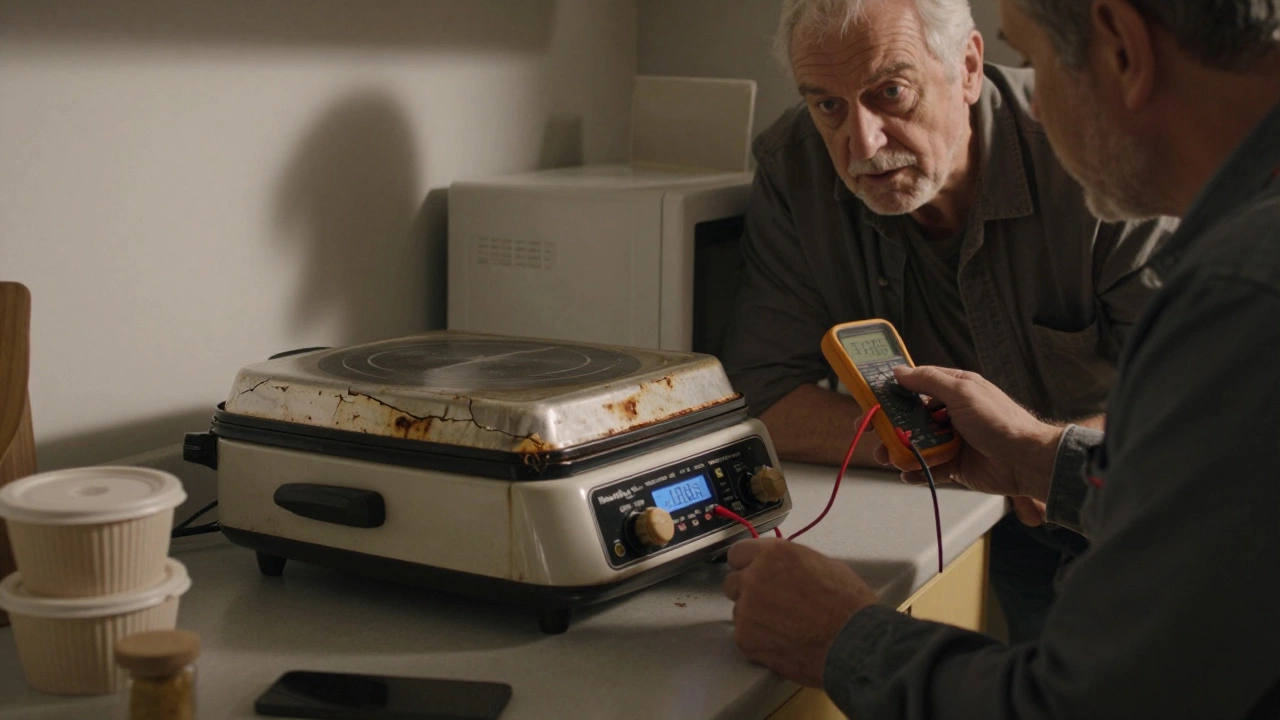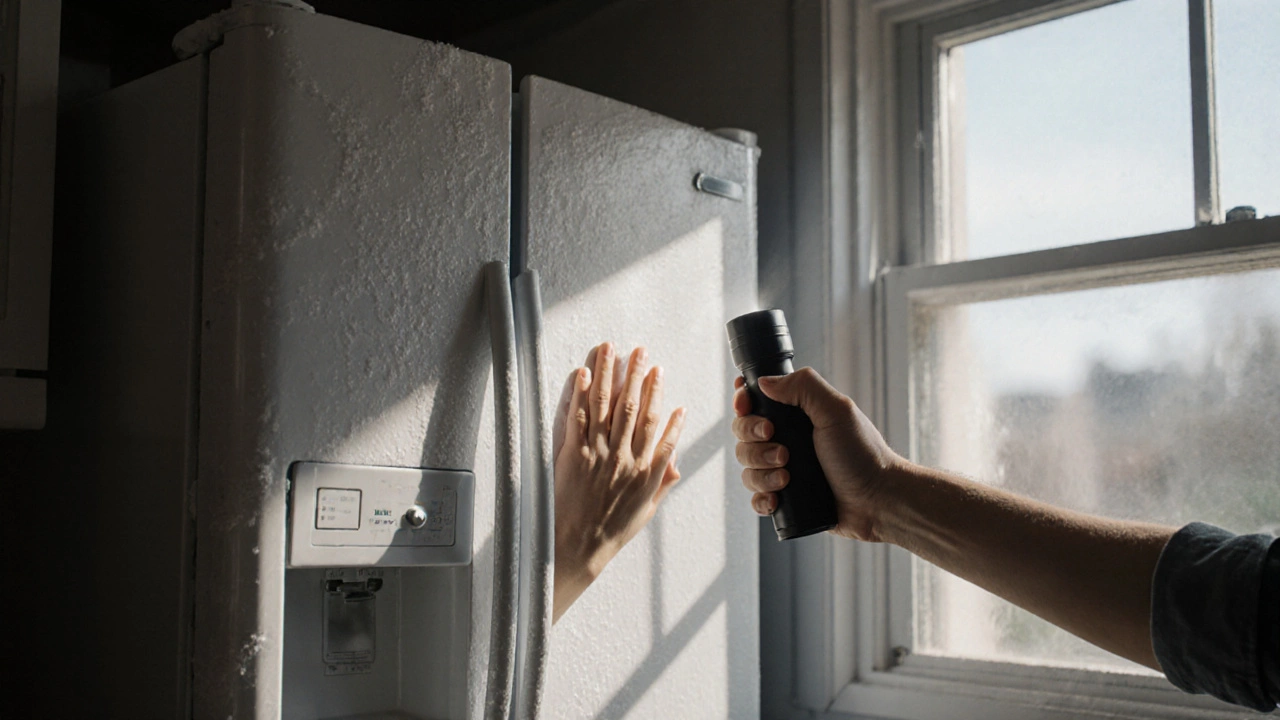Appliance Repair Cost: What You Need to Know
When dealing with appliance repair cost, the total amount you pay to get a broken machine back in working order, it’s easy to feel overwhelmed. Also known as fixing expense, this figure can swing wildly based on what’s broken, how old the unit is, and whether you call a pro or try a DIY fix. Understanding the repair vs replace decision and the role of an appliance specialist helps you avoid overpaying.
Factors that Drive Appliance Repair Cost
Appliance repair cost includes three main ingredients: labor, parts, and travel fees. Labor covers the technician’s time and expertise; a skilled specialist can diagnose and fix issues faster, which usually lowers the bill. Parts are the physical components you replace – a heating element for an oven or a compressor for a fridge – and their price depends on brand, model, and availability. Travel fees cover the cost of getting to your home, especially in rural areas.
Age and condition of the appliance also matter. An eight‑year‑old washing machine with a worn‑out motor will cost more in parts than a newer model, and the odds of needing a full replacement rise as the unit ages. Energy efficiency plays a role, too – newer appliances are cheaper to run, so repairing an old, power‑hogging fridge might not be worth it.
Appliance repair cost rises when you add emergency service or after‑hours calls, because technicians charge premium rates for urgent jobs. Some companies offer flat‑rate diagnostics, which can give you a clear upfront price before any work starts.
DIY repair cost is a different beast. It usually includes the price of tools, safety gear, and the part itself. You’ll also spend time researching the problem, watching tutorials, and possibly making a mistake that could damage the appliance further. While you can save on labor, the risk of a botched fix sometimes outweighs the savings.
When you compare repair vs replace, look at three numbers: the estimated repair cost, the energy savings of a newer model, and the expected remaining lifespan after repair. For example, a fridge that costs £150 to fix but would run 30% more efficiently if replaced might be better off swapped for a newer unit that costs £500. Many of our posts, like the “Repair or Replace a Refrigerator: Cost Comparison Guide,” walk you through that exact math.
Appliance specialists bring more than just a toolbox. They carry certifications, access to genuine parts, and warranty coverage that protects you if the fix fails. A specialist’s diagnostic time often reveals hidden issues – like a failing thermostat in an oven – that a DIY fix might miss. This extra insight can change the repair vs replace decision dramatically.
In the collection below you’ll find deep‑dive articles on specific appliances – ovens, microwaves, extractors, heat pumps, boilers, and more – each breaking down typical price ranges, common failure points, and when a professional call is the smartest move. Whether you’re budgeting for a quick fix or planning a full kitchen overhaul, these guides give you the numbers and the know‑how to make the right call.
Is It Worth Repairing a Cooker? Real Costs, Lifespan, and When to Replace
0 Comments
Deciding whether to repair or replace a cooker? Learn the real costs, safety risks, and when it makes sense to fix it versus buying new-based on age, energy use, and repair history.
Read More7‑Year‑Old Fridge Freezer: Repair or Replace? A Practical Guide
0 Comments
Find out if repairing a 7‑year‑old fridge freezer makes financial and environmental sense. Get cost comparisons, energy tips, and a step‑by‑step decision checklist.
Read More
